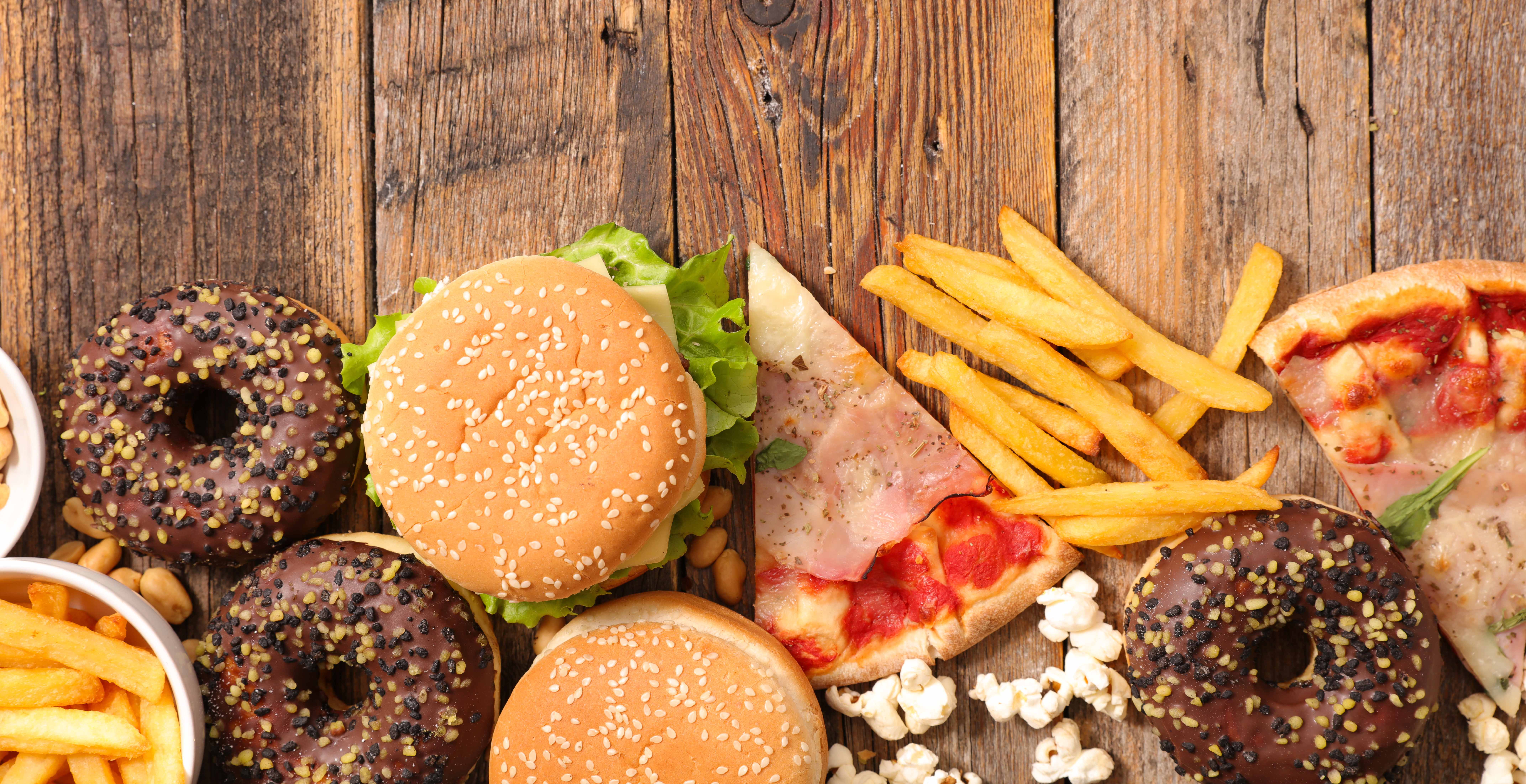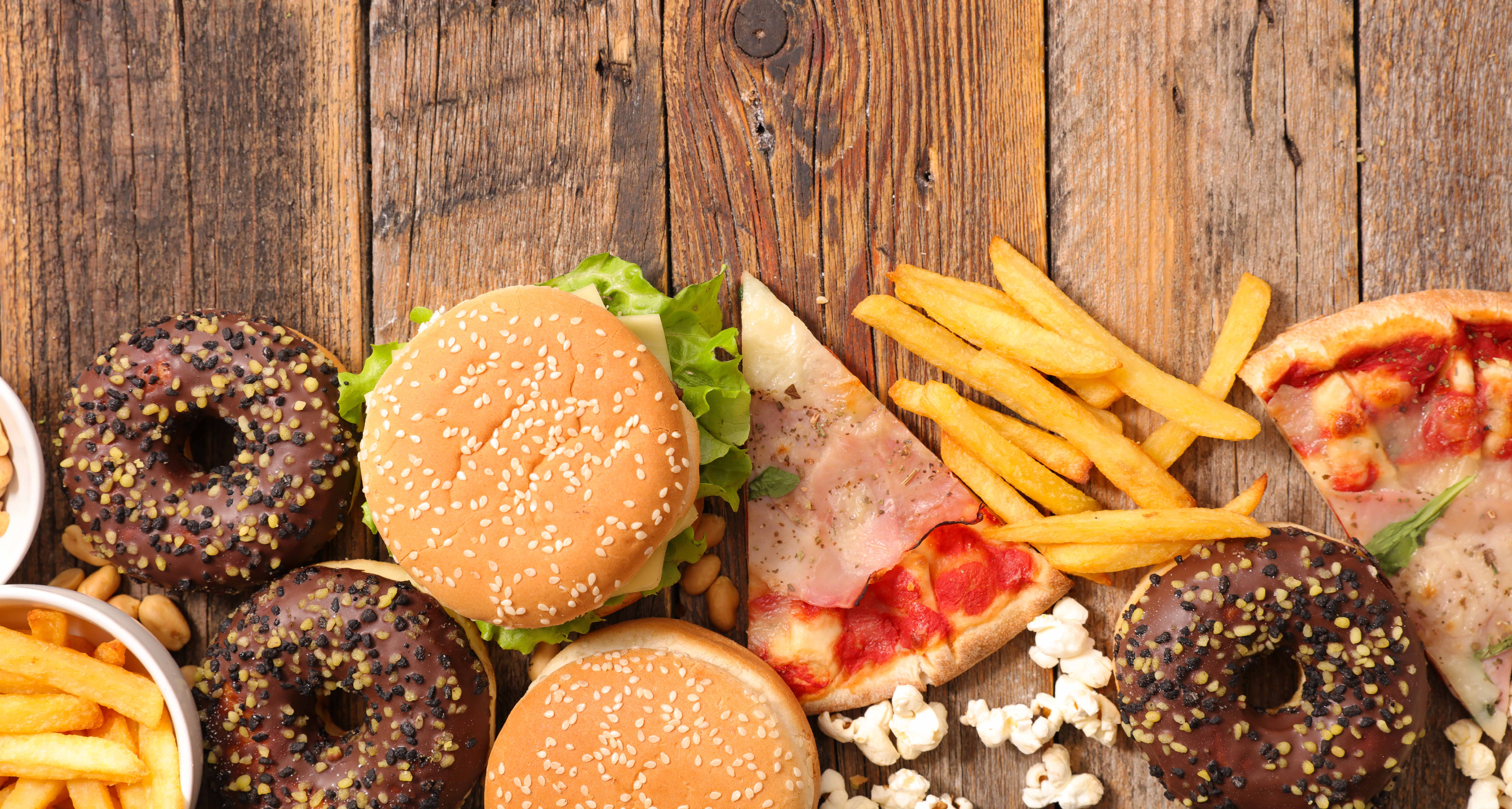Stressed? Avoid These Foods


We all have stressful days. It’s a fact of life that there will always be things to stress us out and things that are out of our control. But what we can control is how we approach stress, and one thing that is in our power is what we eat when we’re stressed out.
We talked to some nutrition experts to get the lowdown on what we should avoid consuming when we’ve had a bad day, and what we should be putting on our plates instead.
Caffeine and simple carbohydrates such as bread, bagels, doughnuts, pasta and rice, and any form of sugar are all to be avoided, says Carolyn Dean, MD, ND, an author and Medical Advisory Board Member for the Nutritional Magnesium Association.
These foods all deplete magnesium, “which is the number one anti-stress mineral and is one of the foremost energy minerals that the body needs,” Dean explains. Magnesium, she says, is crucial for the production of serotonin, also known as our “feel good” chemical.
And though you may think a glass of wine or a cold beer will help you deal with a stressful day, experts say drinking will do the exact opposite.
“Sugar, alcohol, and caffeine stresses the body and taxes the adrenal glands, saps your energy and compromises the immune system,” Dean says.
And alcohol is also kind of like that one friend who’s a bad influence. Julie Upton, M.S., R.D., CSSD, a registered dietitian and co-founder of Appetite for Health, explains.
“When stressed, most women will already have an increased appetite and cravings for foods that calm them down (read: high-calorie treats). Alcohol will increase this issue because alcohol amps up your appetite but also lights up areas of the brain that make you crave high-sugar, high-fat, high-calorie foods. Having alcohol when you're stressed [would make it] nearly impossible not to overeat low-quality food.”
So what foods should we be eating instead?
Well it’s all about boosting your magnesium levels, Dean explains.
“Studies have shown that magnesium calms the nervous system, relaxes muscle tension and lowers the pulse rate, helping to reduce anxiety and stress levels. Magnesium supports our adrenal glands, which are overworked by stress leading to combined magnesium deficiency symptoms and adrenal exhaustion symptoms. [These include] anxiety, depression, muscle weakness, fatigue, eye twitches, insomnia, apprehension, poor memory, confusion, anger, nervousness, and rapid pulse.”
Foods high in magnesium, according to Dean, include:
- Dark leafy green vegetables such as spinach and kale
- Organic nuts and seeds such as pumpkin seeds, almonds, and pecans
- Avocado
- Broccoli
Keep this list handy so you know what groceries to stock up on (and what not to buy) when you have a busy week coming up!
